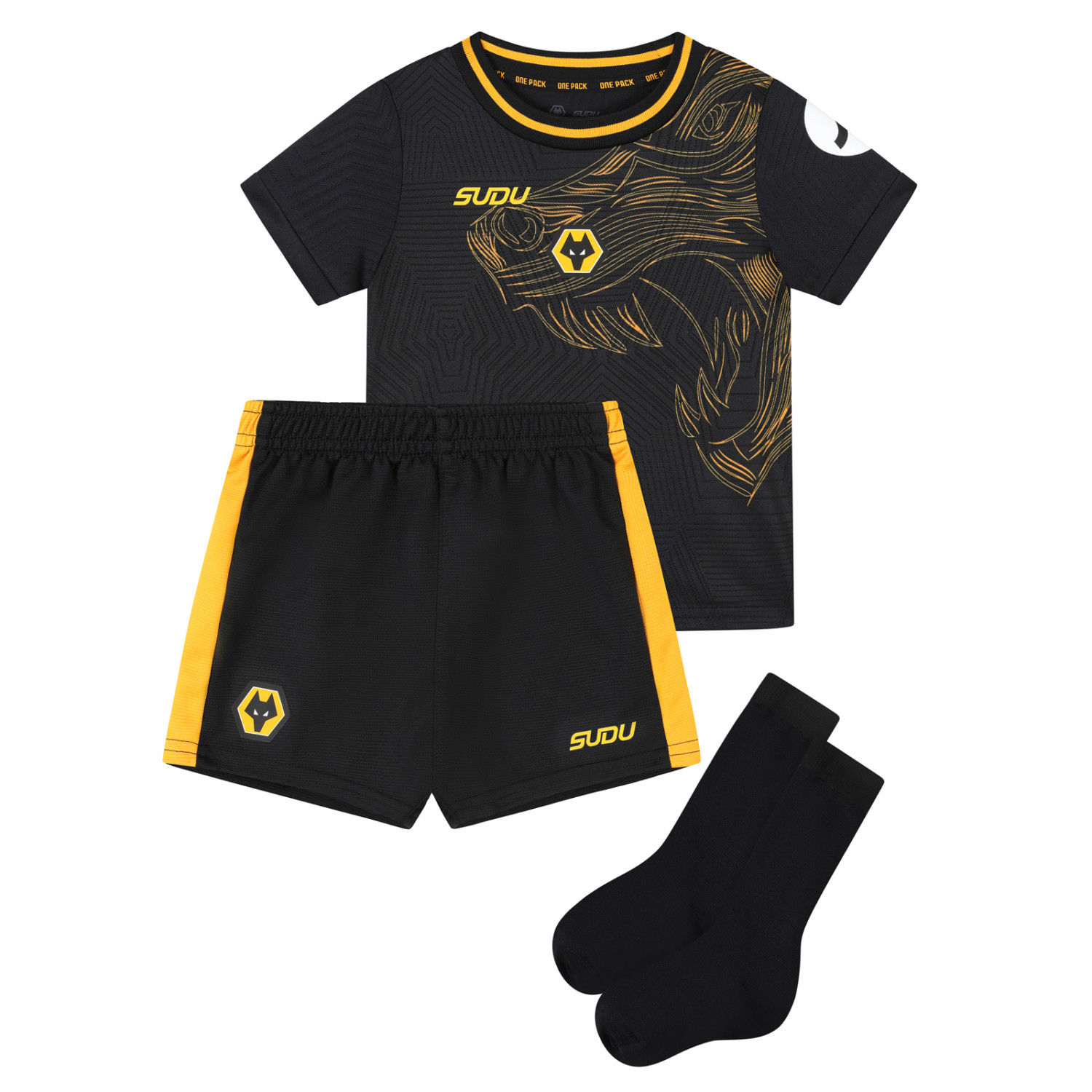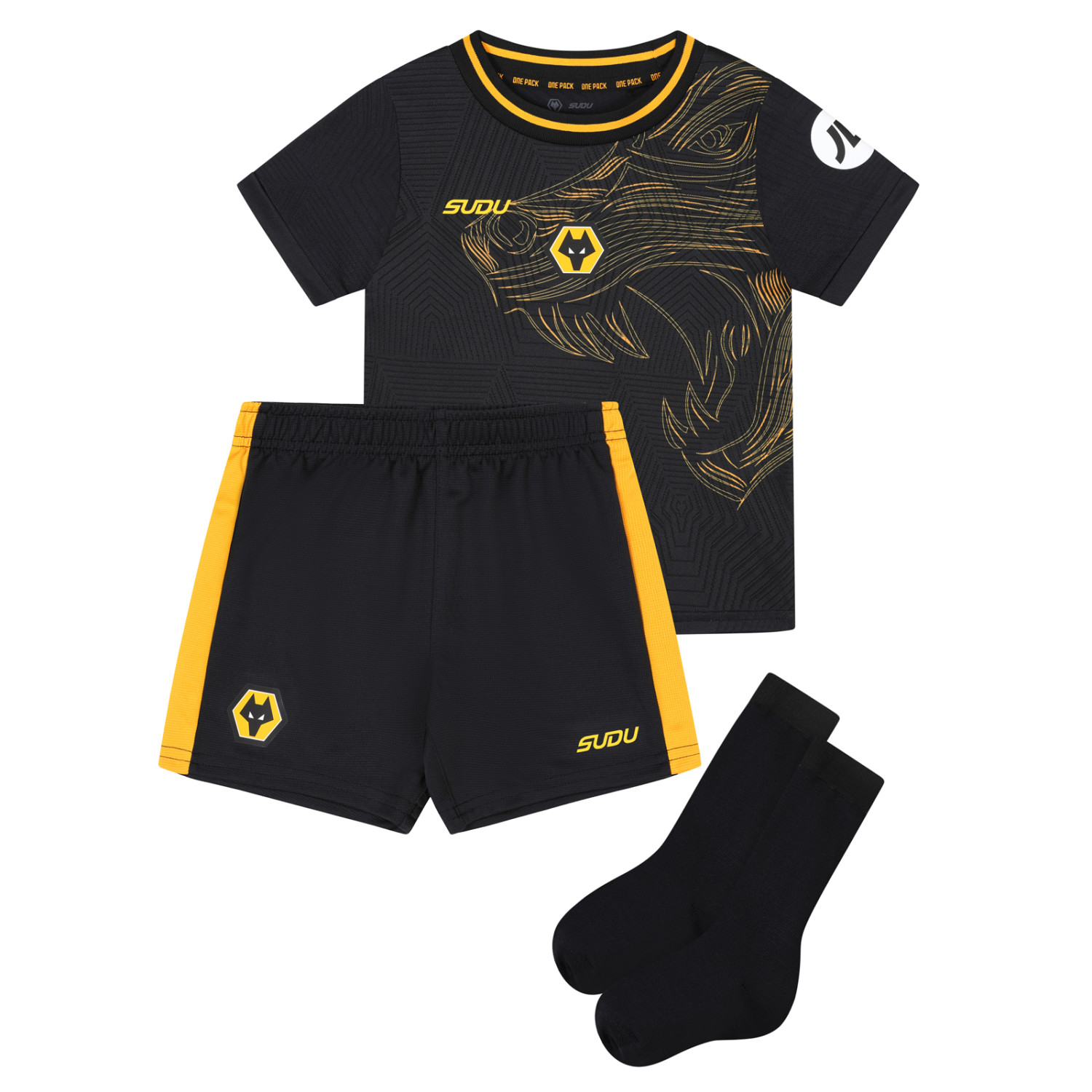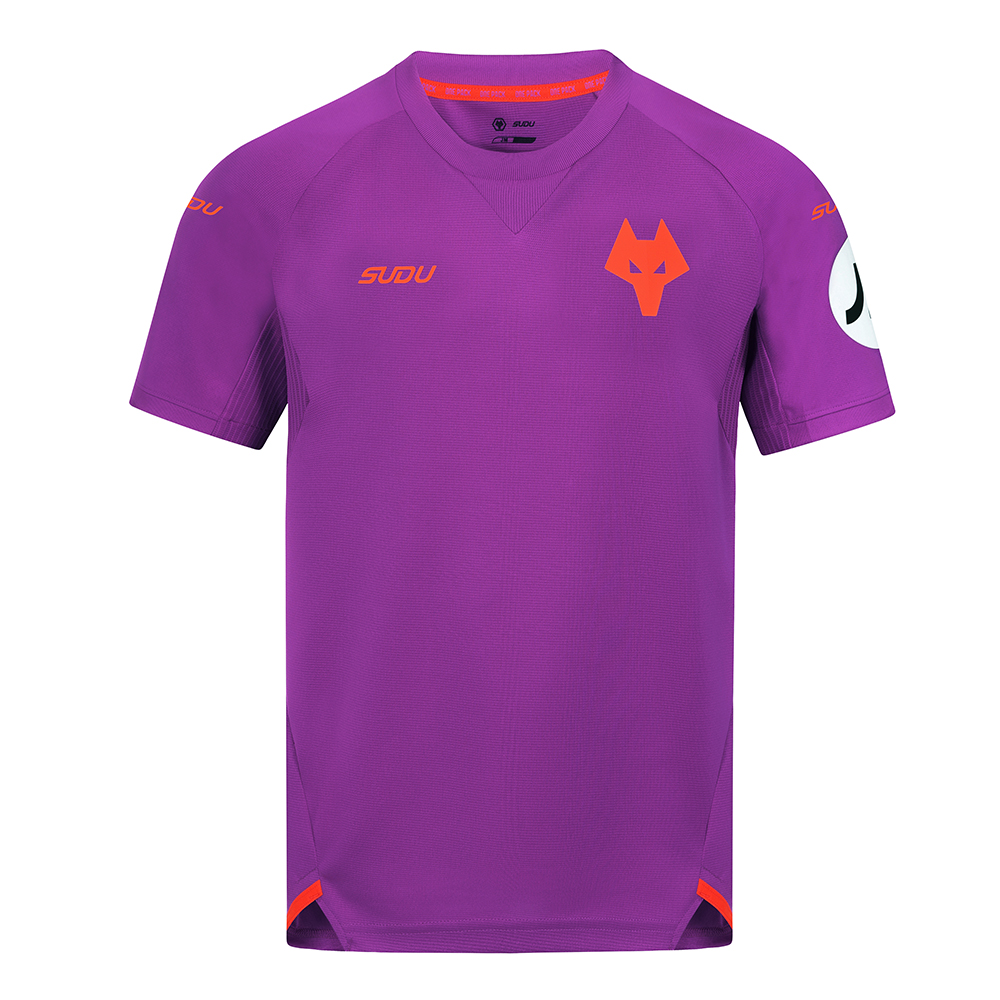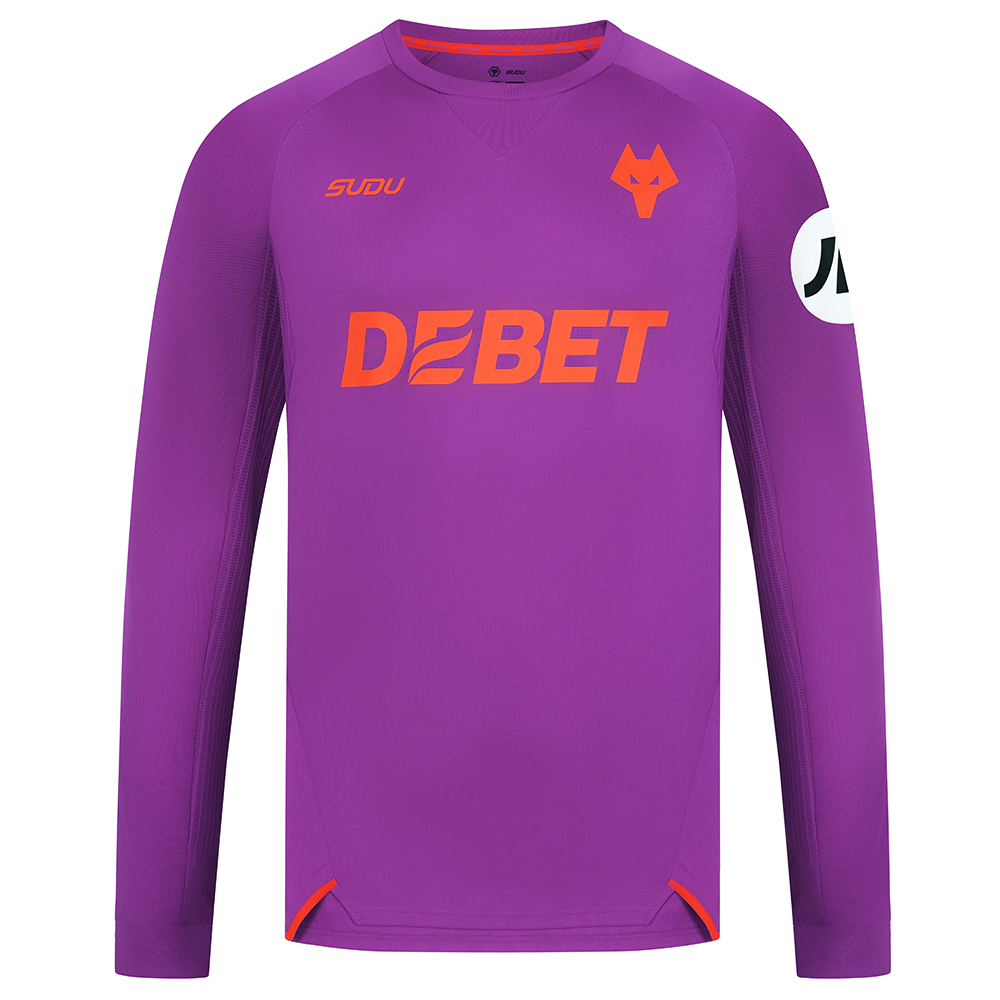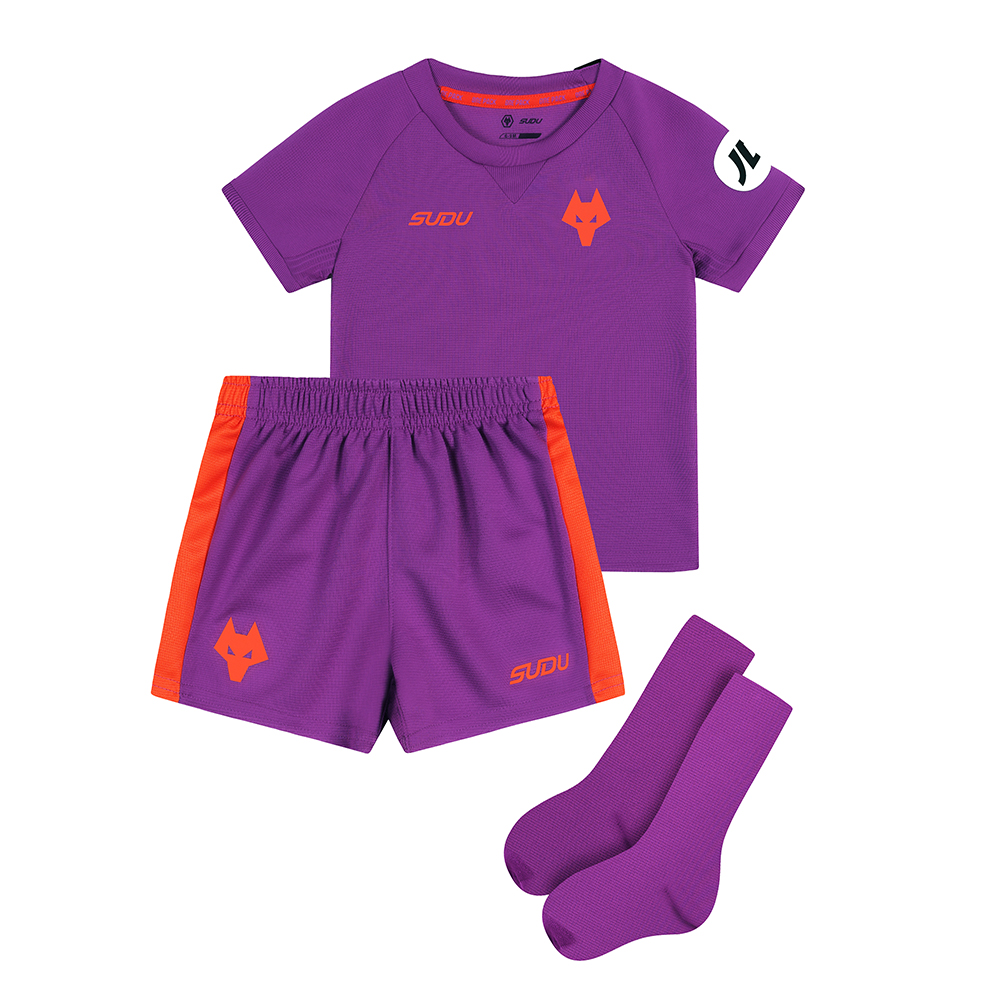Following almost half a century of highs and lows for the women’s team since its formation in 1975, this season has seen significant changes in the club structure.
After more than six years at the helm, RAF aircraft technician Dan McNamara has become the club’s first ever full-time manager.
And with performance coaching and physiotherapy roles also being moved on to a full-time basis, the players are for the first time enjoying 24/7 support from the management and back room team.
After agonisingly missing out on promotion in 2021/22 through a Play-off defeat by Southampton and then being pipped by Nottingham Forest for the Northern Division title on goal difference the following season, Wolves had to settle for a fourth place finish last term.
The current campaign is the 50th in the club’s history since beginning as Heathfield Rovers, playing in the West Midlands League second division, later becoming Wolverhampton & Wednesbury Tube and then Wolverhampton Ladies before taking the name Wolverhampton Wanderers in 1993.
That final name switch was a good omen as the1993/94 season saw them promoted to the Premier League – which was then the top flight of the English women’s game – where they spent two seasons before relegation.
In 1999 the club was incorporated under the Companies Act with several influential business people joining the board, among them BBC presenter Jenny Wilkes (Chair) and former England Women’s cricket team captain Baroness Rachael Heyhoe Flint.
The club evolved a strong youth development programme, several players going on to become senior internationals – Rachel Unitt, Jody Handley and Emily Westwood for England, Kerrie Manley for Wales and Amy McCann for Northern Ireland.
In a landmark move in the 2008/09 season the women’s section was taken on board by Wolverhampton Wanderers FC as part of Wolves Community Trust.
At junior level the club was awarded a new FA Girls’ Regional Talent Club licence in 2016, supporting the identification and development of players with elite potential as part of the England Talent Pathway.
Encouragingly, the RTC has seen some talented young players moving through the ranks and making their mark at senior level as the women’s set-up has become part of the Wolverhampton Wanderers Academy.
These progressive moves have dove-tailed with sharing the men’s Premier League team’s Compton training ground facilities as part of Wolves’ ‘one pack’ ethos.
And as the women’s team now looks to produce a 2024/25 campaign to top their achievements of recent seasons, they are doing so with AFC Telford United’s impressive, 5,500 crowd capacity SEAH Stadium as their home ground.









